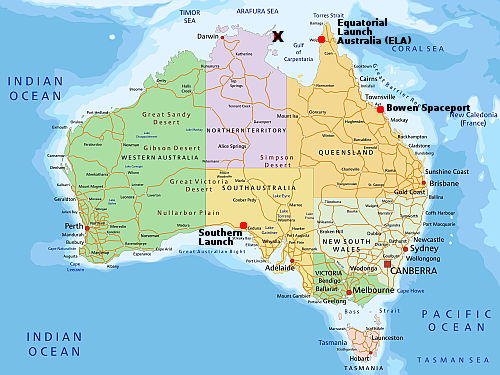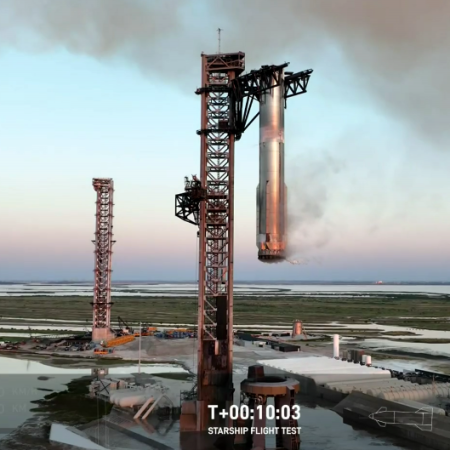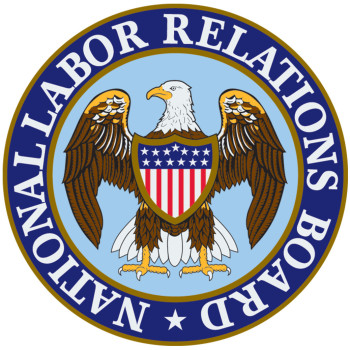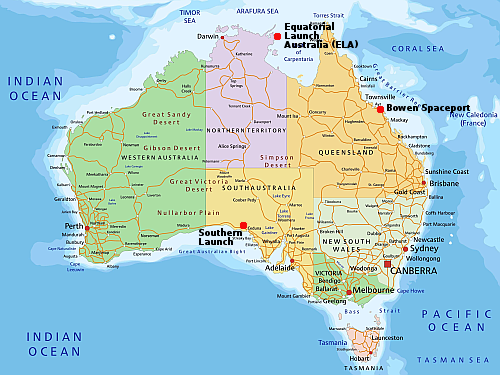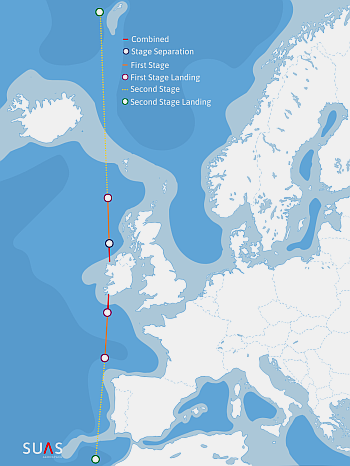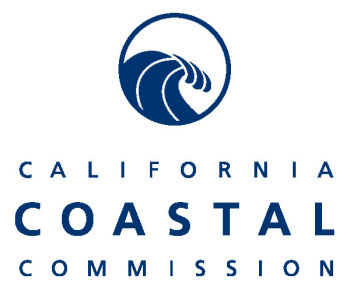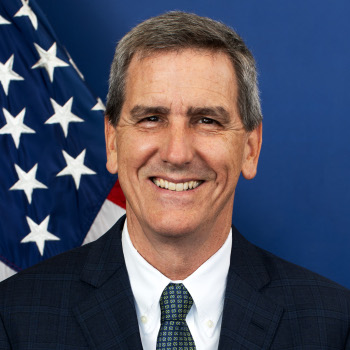Superheavy to be used on next test flight completes 15-second static fire test
SpaceX has successfully completed a launchpad 15-second static fire test of the 33 engines on the Superheavy booster that will be used on the next test flight (the seventh) of its Starship/Superheavy rocket.
The video at the link is remarkable in that it appears all 33 Raptor-2 engines fired for the entire test with no problems either to the rocket or launchpad, despite producing more thrust in that time than any rocket ever in the history of space exploration.
According to this report, it appears SpaceX is targeting January 11, 2025 for that seventh test flight.
SpaceX has not yet announced a launch date for Starship’s seventh test flight, but the company appears to be eyeing Jan. 11; an email sent by NASA to the U.S. Federal Aviation Administration identifies that date as the target. (According to that email, NASA plans to deploy a Gulfstream V jet to observe the upcoming flight.)
This date however has not yet been confirmed by SpaceX. Nor has the FAA indicated it will issue a license. The FAA’s approval will depend on the flight plan SpaceX chooses for the test. If similar to the previous two test flights, then that approval will be fast. If not, the red tape will likely cause several more months of delays.
SpaceX has successfully completed a launchpad 15-second static fire test of the 33 engines on the Superheavy booster that will be used on the next test flight (the seventh) of its Starship/Superheavy rocket.
The video at the link is remarkable in that it appears all 33 Raptor-2 engines fired for the entire test with no problems either to the rocket or launchpad, despite producing more thrust in that time than any rocket ever in the history of space exploration.
According to this report, it appears SpaceX is targeting January 11, 2025 for that seventh test flight.
SpaceX has not yet announced a launch date for Starship’s seventh test flight, but the company appears to be eyeing Jan. 11; an email sent by NASA to the U.S. Federal Aviation Administration identifies that date as the target. (According to that email, NASA plans to deploy a Gulfstream V jet to observe the upcoming flight.)
This date however has not yet been confirmed by SpaceX. Nor has the FAA indicated it will issue a license. The FAA’s approval will depend on the flight plan SpaceX chooses for the test. If similar to the previous two test flights, then that approval will be fast. If not, the red tape will likely cause several more months of delays.

